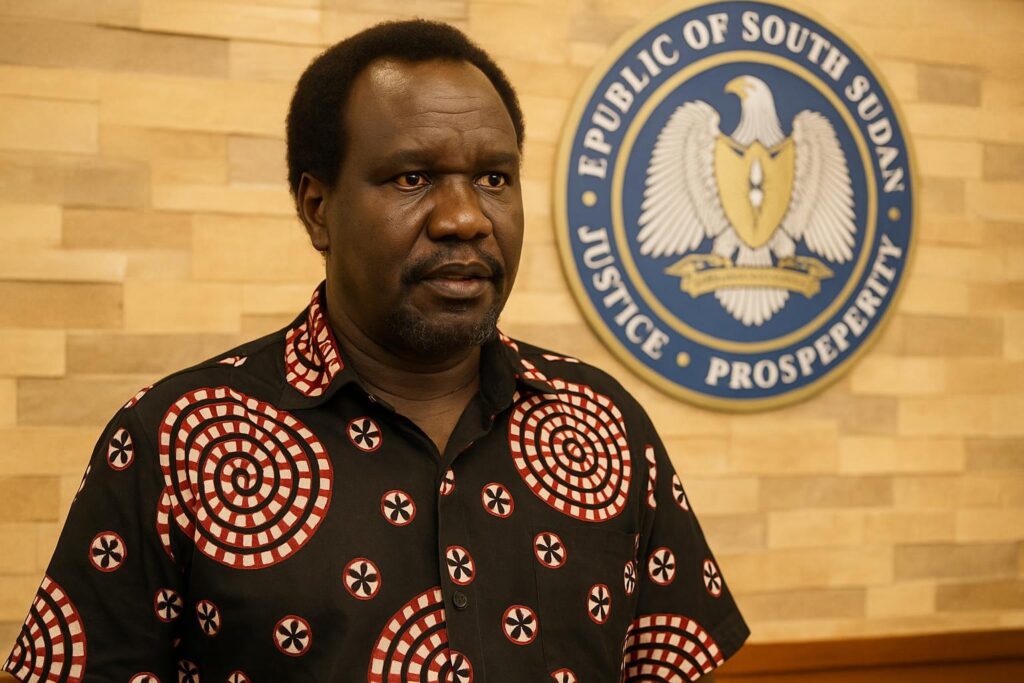A Timely Appointment
Dr Akol Paul Kordit’s elevation to SPLM Secretary-General comes as South Sudan searches for political stability. His nomination, announced in Juba in late February, is seen by party insiders as a rare consensus move designed to curb factional fatigue and ideological drift.
Liberation Legacy Versus Governance Demands
Since independence in 2011, SPLM has struggled to reconcile its liberation narrative with the practicalities of statecraft. Veterans emphasise historic sacrifice; younger cadres demand jobs and efficient services, creating competing expectations that have eroded internal cohesion.
Kordit’s profile bridges this gap. Educated abroad yet seasoned in the bush, he speaks both the language of revolutionary memory and that of institutional reform, giving him credibility across SPLM’s generational lines, observers argue.
Three Pillars of Renewal
Insiders cite ideological reawakening as the first pillar. Kordit plans to revive political education workshops that once animated SPLM cells, framing justice, equality, and service as living principles rather than historical slogans.
Organisational discipline forms the second pillar. Dormant state branches will be audited, while the secretariat is expected to enforce clearer reporting lines, performance metrics, and financial transparency, party officials confirm.
The third pillar centres on electoral readiness. Kordit champions data-driven voter mapping, digital outreach, and structured youth mobilisation to prepare for elections tentatively slated for 2024, aiming to win on issues rather than wartime nostalgia.
Challenges on the Road
SPLM’s unity still faces strains from economic hardship, communal violence, and distrust brewed by years of conflict. Analysts warn that reform slogans will ring hollow if bread-and-butter grievances remain unaddressed.
Moreover, granting the secretary-general sufficient autonomy remains crucial. Without consistent support from President Salva Kiir and senior cadres, Kordit’s agenda could stall within SPLM’s entrenched patronage networks.
Regional Implications
A revitalised SPLM would reverberate beyond Juba. Stable governance in South Sudan could strengthen Nile Basin cooperation, support regional trade corridors, and contribute to peace efforts championed by the African Union, analysts believe.


